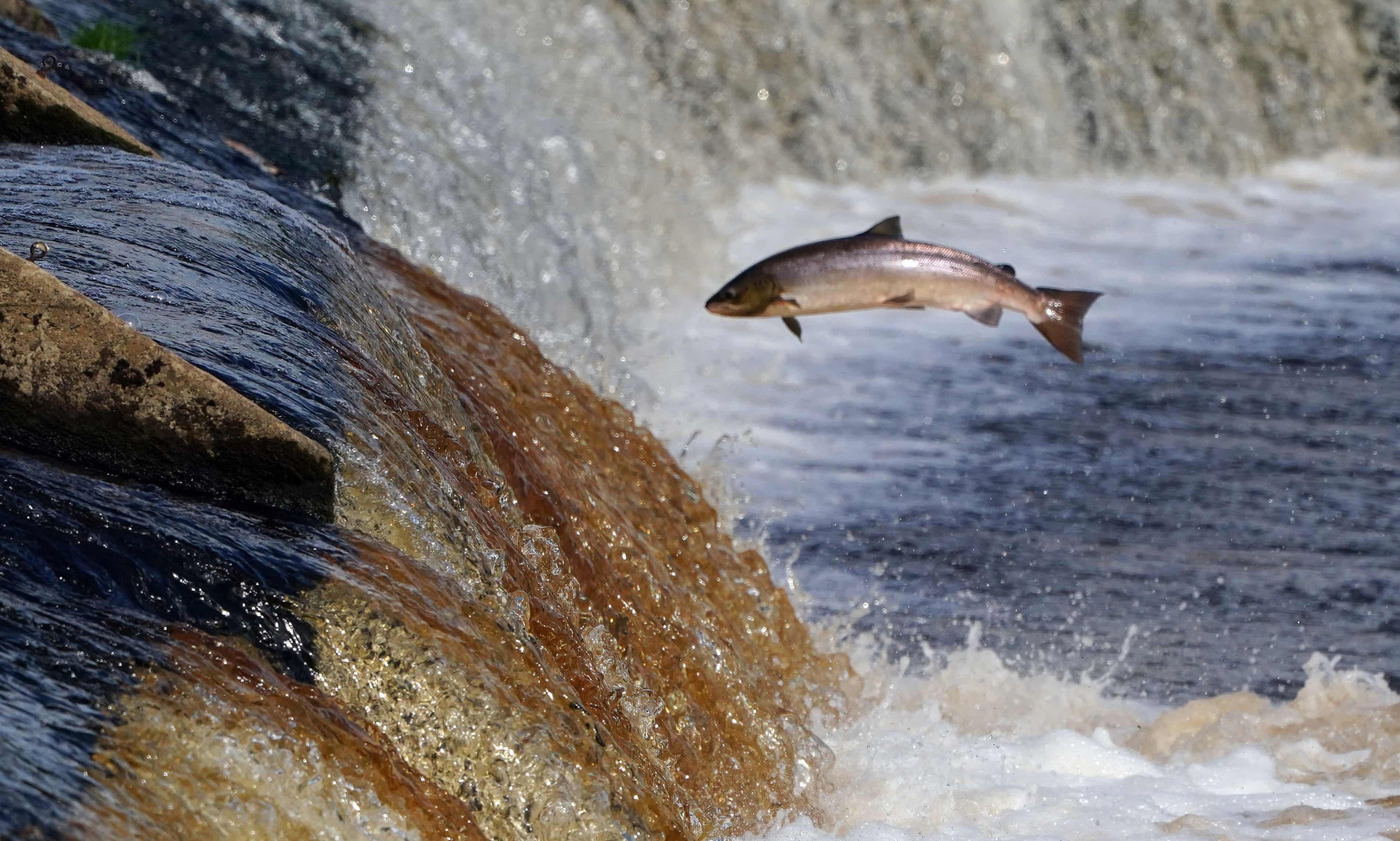
Migratory fish populations have crashed by more than 80% since 1970, new findings show.
Populations are declining in all regions of the world, but it is happening fastest in South America and the Caribbean, where abundance of these species has dropped by 91% over the past 50 years.
This region has the world’s largest freshwater migrations, but dams, mining and humans diverting water are destroying river ecosystems. In Europe, populations of migratory freshwater fishes have fallen by 75%, according to the latest update to the Living Planet Index.
Migratory freshwater fish partially or exclusively rely on freshwater systems – some are born at sea and migrate back into fresh water, or vice versa. They can in some cases swim the width of entire continents and then return to the stream in which they were born.
Many rivers, however, are no longer flowing freely due to the construction of dams and other barriers, which block species’ migrations. There are an estimated 1.2m barriers across European rivers.
Researchers want to find renewable energy alternatives to the thousands of new hydropower dams being planned across the world.
Other causes of decline include pollution from urban and industrial wastewater, and runoff from roads and farming. Climate breakdown is also changing habitats and the availability of freshwater. Unsustainable fishing is another threat.